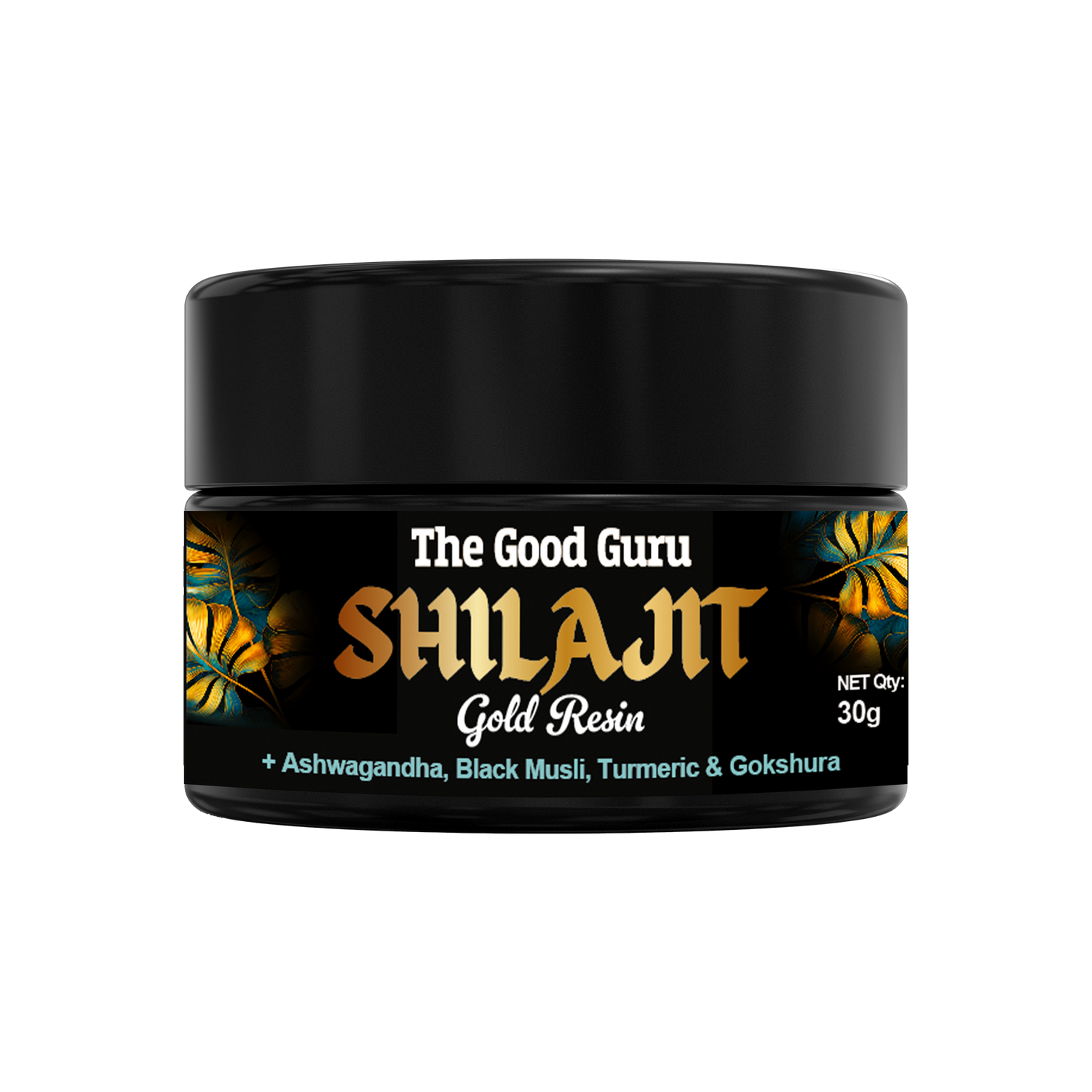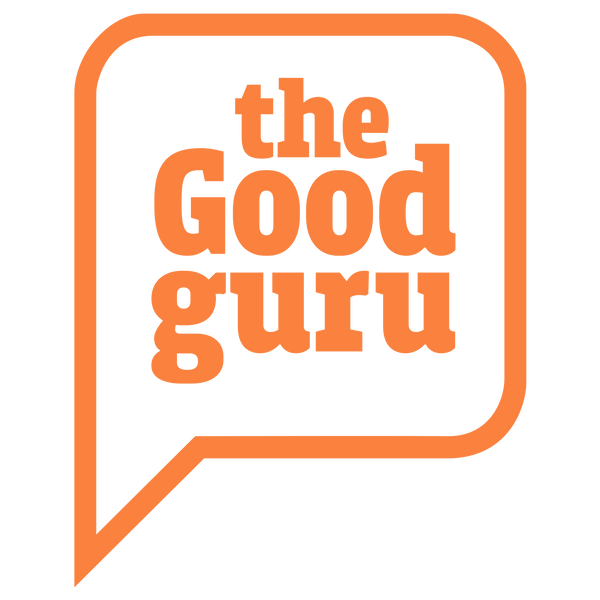
Vegan Diet Deficiencies You Didn’t Know About
Share
Vegan Diet: The Lesser-Known Nutrient Deficiencies – and How to Tackle Them
The first step towards a healthy lifestyle is getting your diet right. Why diet? Because, as the World Health Organization states, “A healthy diet is essential for good health and nutrition.”
A nutritious diet helps us in two key ways:
- Preventing ailments
- Supporting our body’s cellular functions as we age
Dietary habits are shaped by culture, lifestyle, age, gender, resources, physical activity, and even genetics. While the composition of a balanced diet has evolved, one thing hasn’t changed: our bodies need a variety of macro- and micronutrients to function optimally.
Veganism, as we explored in our previous post, offers many health benefits. But like every lifestyle choice, it comes with challenges. A poorly planned vegan diet can lead to nutrient deficiencies that may impact long-term health. Recognising these gaps and addressing them is the key to thriving on a vegan diet.
Nutrients Commonly Lacking in a Vegan Diet
Here are the most important nutrients vegans may miss out on:
-
Vitamin B12 – Vital for a healthy nervous system, red blood cell production, energy, and reducing the risk of dementia, depression, and heart disease.
-
Zinc & Selenium – Crucial for immunity, wound healing, thyroid function, and antioxidant protection.
-
Vitamin D – Supports bone health and calcium absorption.
-
Vitamin K2 – Helps channel calcium into the bones rather than arteries.
-
Taurine – Supports nervous and muscular system function.
-
Choline – Enhances memory, mood, and nervous system performance.
-
Iodine – Essential for thyroid health, metabolism, and growth.
-
Creatine & Carnosine – Not essential but beneficial for energy and antioxidant roles.
-
Omega-3 Fatty Acids (DHA & EPA) – Protect the heart, brain, and eyes.
How to Manage Deficiencies in a Vegan Diet
The good news? With the right approach, these gaps can be filled:
-
Choose fortified foods like cereals, plant-based milks, and nutritional yeast.
-
Use iodised salt for better thyroid support.
-
Boost nutrient absorption with foods rich in Vitamin C.
-
Get natural sunlight exposure or include sun-dried mushrooms and tomatoes.
-
Eat a wide variety of legumes, fruits, vegetables, nuts, seeds, sprouts, grains, soy, fermented foods, and seaweeds.
The Good Guru Way
Your dietary choices will always influence your wellbeing. While no single food can provide all nutrients, a thoughtful diet plus the right supplements can help you stay balanced, energised, and healthy.
Want to fill those potential gaps the natural way? Choose supplements that are organic, safe, and designed to support your vegan lifestyle. That’s where The Good Guru comes in – with plant-based, high-quality nutrition that works for you. 🌱✨
Stay tuned for our upcoming guide on choosing the right supplements for a vegan diet – The Good Guru way!
Disclaimer: This article is for educational purposes only. It does not replace medical advice or treatment. Please consult a healthcare provider before starting any supplement, especially if pregnant, breastfeeding, or on medication.
Dr Rubbina Shaikh
Ayurvedic Consultant | Health Expert & Lifestyle Advisor

